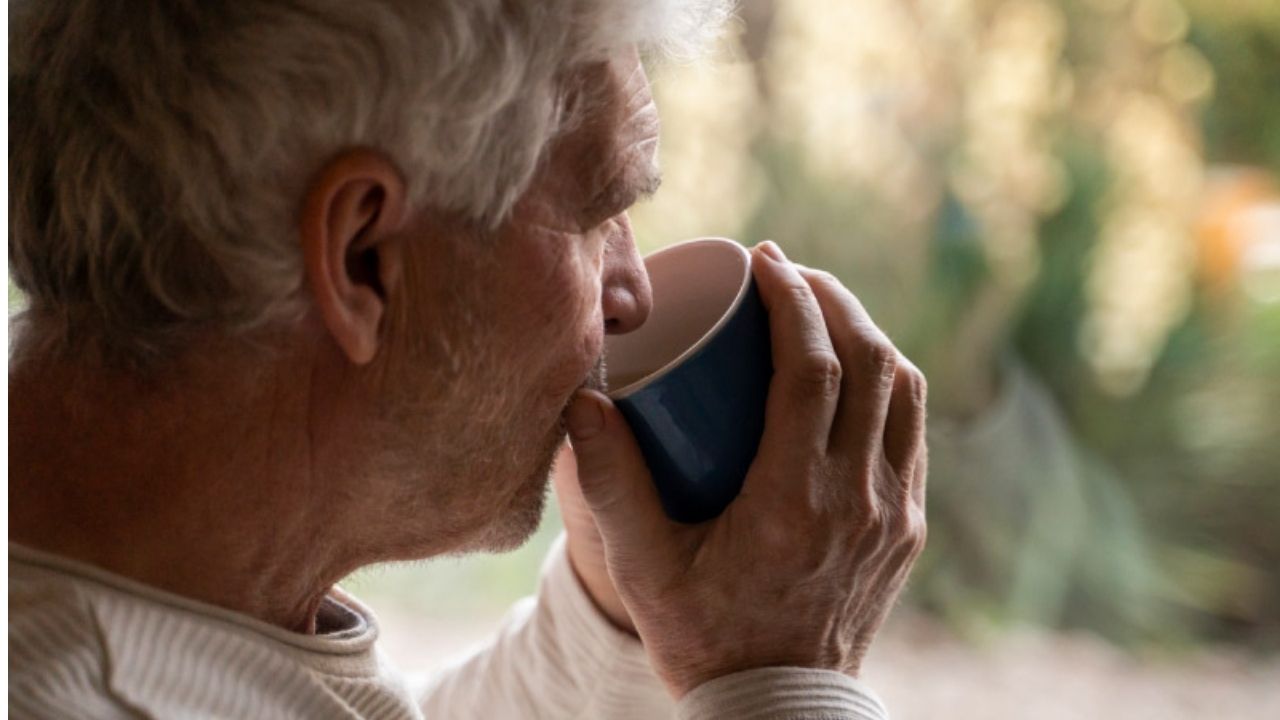Drinking up to three cups of coffee a day may protect your heart, a new study finds.
Among people with no diagnosis of heart disease, regular coffee consumption of 0.5 to 3 cups of coffee a day was associated with a decreased risk of death from heart disease, stroke and early death from any cause when compared to non-coffee drinkers.
The study, presented Friday at the annual meeting of the European Society of Cardiology, examined the coffee-drinking behaviour of over 468,000 people who participate in the UK Biobank Study, which houses in-depth genetic and health information on more than half a million Brits.
Adds to prior research
It's another home run for coffee consumption. Studies have found drinking moderate amounts of coffee can protect adults from type 2 diabetes, Parkinson's disease, liver disease, prostate cancer, Alzheimer's, computer back pain and more.
When it comes to heart disease, a large analysis of data from three major studies published in April found that drinking one or more cups of plain, caffeinated coffee a day was associated with a long-term reduced risk of heart failure.
Compared with people who didn't drink coffee, the April analysis found the risk of heart failure over time decreased between 5% and 12% for each cup of coffee consumed each day in two of the studies.
The risk of heart failure remained the same for drinking no coffee or one cup per day in the third study. But when people drank two or more cups of black coffee a day the risk decreased by about 30%, the analysis found.
"The association between caffeine and heart failure risk reduction was surprising," said senior author Dr. David Kao, medical director of the Colorado Center for Personalized Medicine at the University of Colorado School of Medicine in Aurora, in April.
Coffee is practically a health food: Myth or fact?
"Coffee and caffeine are often considered by the general population to be 'bad' for the heart because people associate them with palpitations, high blood pressure, etc. The consistent relationship between increasing caffeine consumption and decreasing heart failure risk turns that assumption on its head," Kao said in a statement.
In the April study, the benefit did not extend to decaffeinated coffee. Instead, the analysis found an association between decaf coffee and an increased risk for heart failure.
Heart failure occurs when a weakened heart fails to supply the body's cells with enough blood to get the oxygen needed to keep the body functioning properly. People with heart failure suffer fatigue and shortness of breath and have trouble walking, climbing stairs or other daily activities.
"While unable to prove causality, it is intriguing that these three studies suggest that drinking coffee is associated with a decreased risk of heart failure and that coffee can be part of a healthy dietary pattern if consumed plain, without added sugar and high fat dairy products such as cream," said registered dietitian Penny Kris-Etherton, immediate past chairperson of the American Heart Association's Lifestyle and Cardiometabolic Health Council Leadership Committee, in a statement in April. She was not involved with the research.
A bit of caution

 The latest research on coffee suggests the results are not the same for normal and decaff coffee
The latest research on coffee suggests the results are not the same for normal and decaff coffee



















.jpeg)











.jpg)

